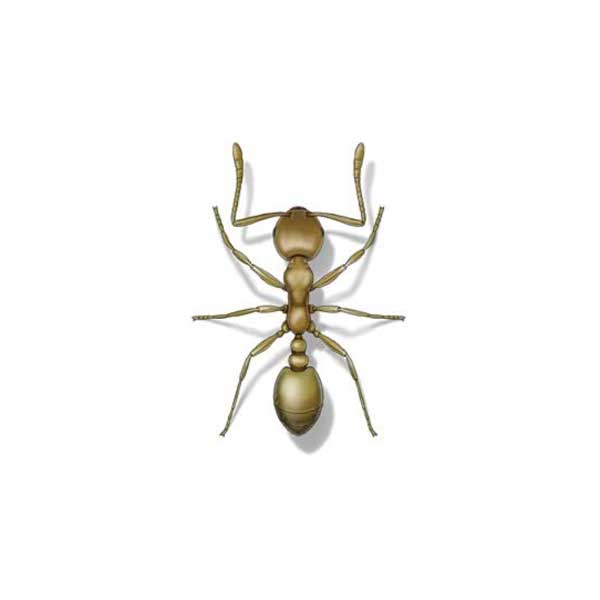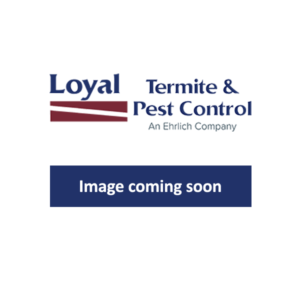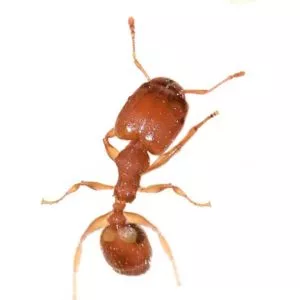Pharoah Ants in Central and Eastern Virginia
Pharaoh ants are the most persistent and difficult ants to control. Throughout Virginia, they construct very large colonies with up to several million workers and thousands of queens. An invasive species, they outnumber native ants, forcing them out of the area. When Pharaoh ant colonies are disturbed, they can split off and form new colonies. Due to their splintering ability, Pharoah ants can swiftly spread throughout homes and buildings. Indoors, Pharaoh ants will nest in any well-protected areas throughout a structure, preferring lawns and gardens outdoors.
Pharaoh Ant Habitat
Pharaoh ants feed on sweets, proteins, and live or dead insects. Foraging day and night, they are attracted to moisture, constructing nests in shaded areas or under debris. In households, Pharaoh ant nests are often located in hard-to-reach spaces near moisture, such as kitchens, bathrooms, under floors, and behind baseboards. In hospitals and food-processing facilities, they invade kitchens, laundries, boiler rooms, and toilets, heating ducts, and pipes. Pharaoh ants can travel from room to room using electrical wires and plumbing pipes, which allow them to spread throughout a structure swiftly.
Pharaoh Ant Behaviors, Threats, or Dangers
Implicated in the spread of more than a dozen disease pathogens, Pharaoh ants are known to spread salmonella and streptococcus. In hospital settings, they can indirectly affect patients, guests of patients, and hospital staff by contaminating food and food prep surfaces cafeterias. Due to their small size, Pharaoh ants can access almost any space, contaminating food as they forage. Additionally, most conventional household pest control treatments do not control Pharaoh ants. If a Pharaoh ant infestation is suspected, it is recommended to contact a licensed ant exterminator.
Need help with Pharaoh Ants?
Get started with a FREE quote!




